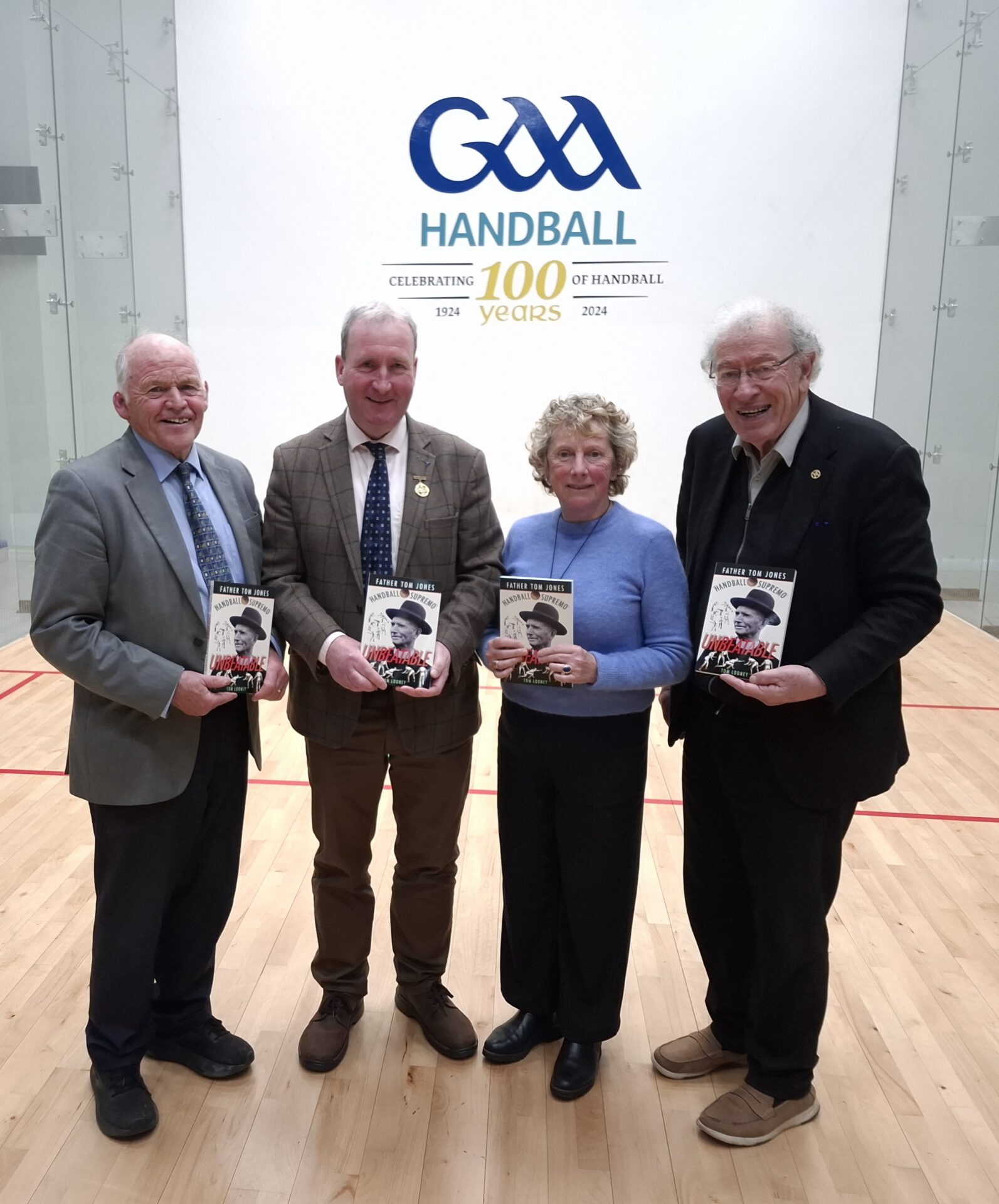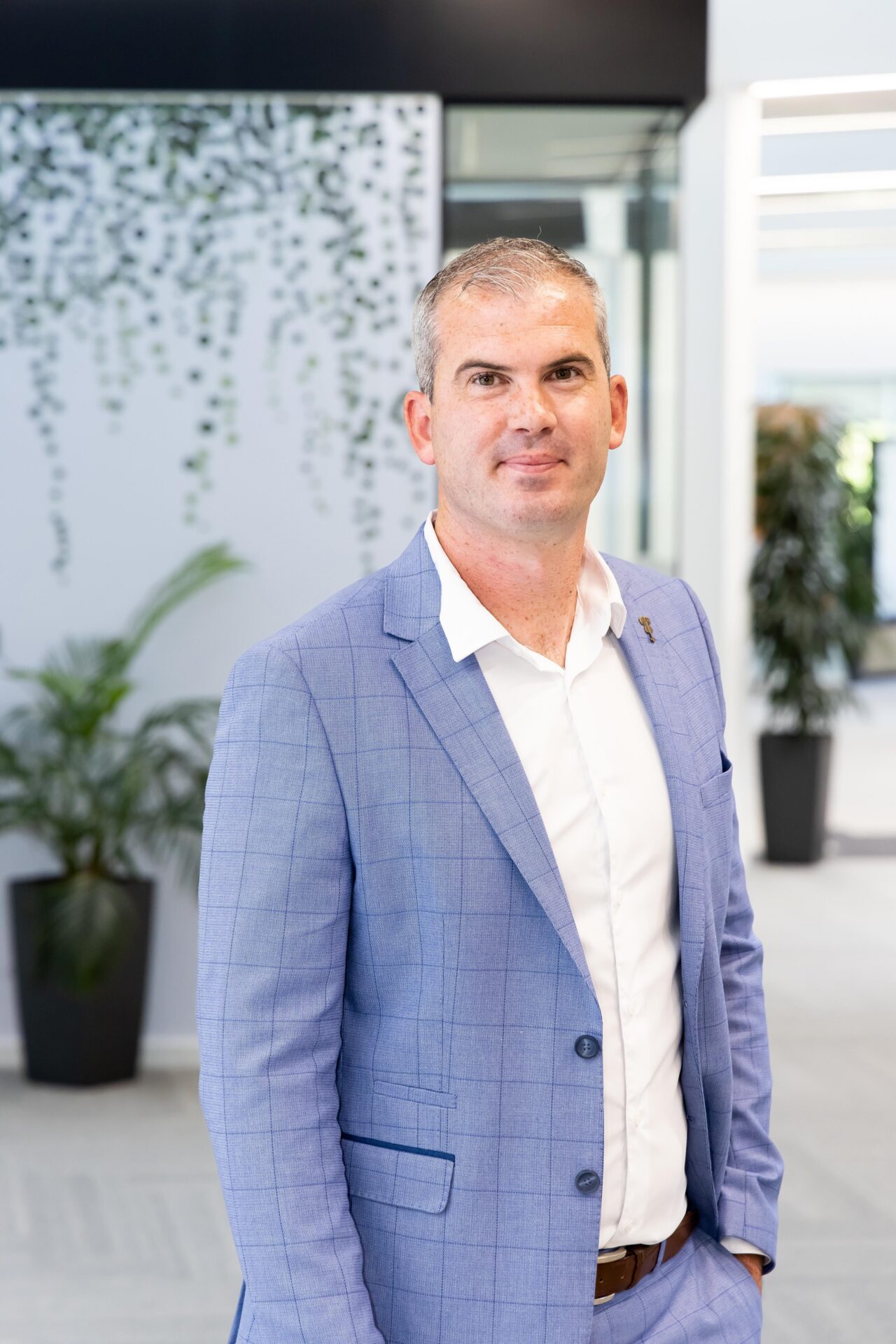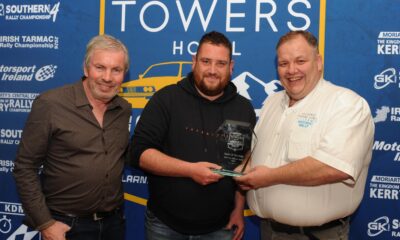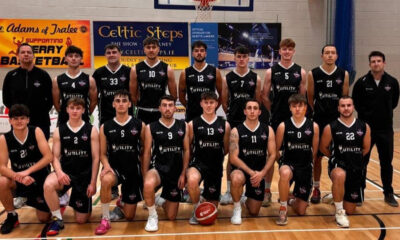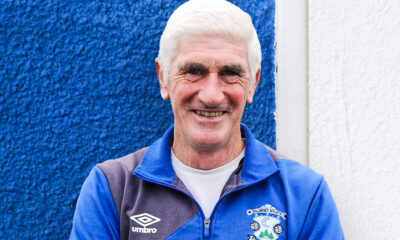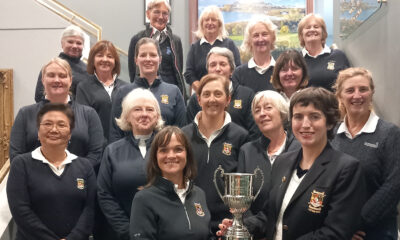News
Exercise, is it the fountain of youth?

By Brian Foley from Activate Fitness
The past two weeks we’ve looked at the benefits of exercise on common conditions as we age such as arthritis and osteoporosis.
In this concluding article we are going to look at the overall improvements to lifestyle and well-being right throughout our adult life as a result of exercise.
Why is this important? If you are in your 20s or 30s reading this, should you even care? Simply put, one day you will care. Right now you probably have relations who need to know this right away.
Over the last one hundred years the average life expectancy at birth in Ireland has risen by several decades.
Life expectancy at birth is 80.4 years for men and 84.0 for women, but really, is it the years or the quality of the years that matter most?
Increased longevity is not the only important measure for ageing, as the number of those extra years spent in good health is crucial to both quality of life and service provision.
As we get older we lose about 1% of our muscle mass every year from around 40 years of age. The decline in muscle strength and balance happens three times quicker if we do not do regular activity.
Older people who have been in hospital may have spent a lot of their time in bed or sitting in a chair. This can lead to loss of muscle mass and strength which makes moving about and doing daily activities independently more difficult once they are discharged. This can result in people being unable to go back to their home or needing extra care assistance. The greater the loss of muscle mass the more susceptible a person becomes to chronic illness.
Not only can exercise limit the effects of physical deterioration, studies have also concluded it can act as a buffer against some cognitive impairments such as dementia with six to 12 months of exercise improving brain function scores.
So, what do the guidelines tell us?
Ideally, exercise prescription for older adults should include both aerobic exercise and muscle strengthening exercises.
Aerobic exercise (walking, cycling, swimming, jogging etc) serves to improve our cardiovascular system. Cardiovascular disease is a major contributor to mortality rates in all age groups. Lack of exercise tends to exacerbate the negative effects of these risk factors while implementing exercise in daily routine has been shown to reduce mortality rates.
Strength training has many benefits for the older population which we have touched on over the past two weeks, but other than the benefits to bone density and muscle mass, strength training has also been proven to improve functional abilities. Things we may take for granted now like getting up and down to the toilet, bathing and even getting up to make a cup of tea can become an ordeal or impossible for someone who becomes frail in their older years. This does not have to be the case. We have prevention tools available to use to continue to live independently on our own terms.
How much of these should we do according to the guidelines?
Adults and older adults (>65) should do at least 150–300 min of moderate-intensity aerobic physical activity, or at least 75–150 min of vigorous-intensity aerobic physical activity, or an equivalent combination of moderate-intensity and vigorous-intensity activity throughout the week for substantial health benefits;
Adults and older adults (>65) should also do muscle-strengthening activities at moderate or greater intensity that involve all major muscle groups on two or more days a week, as these provide additional health benefits.
Older adults, as part of their weekly physical activity, should do varied multicomponent physical activity that emphasises functional balance and strength training at moderate or greater intensity on three or more days a week, to enhance functional capacity and to prevent falls.
These strength training sessions should be completed two to three days per week, with a rest day between each workout.
Activate runs a twice weekly strength programme which is devised and coached by Sam Treharne (CORU registered physiotherapist) which might be suitable for you or someone you know. To find out more visit www.activate.ie/free-intro or call 087 4030894.


